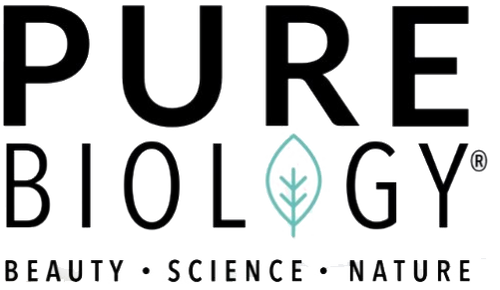Retinol is one of the most commonly known ingredients in everything from anti-aging serums to acne treatments. It's valued for its rapid results and ability to solve just about any skincare concern -- but could it be making your skin worse? Maybe, maybe not.
Confused? We’re busting these 5 popular retinol myths and putting your skincare knowledge to the test! Read on and see if you can guess the right answer...

Truth or Myth?
#1 Retinol is an Exfoliant
Many people mistakenly believe that retinol is an exfoliant by nature.
True, the word "retinoid" is classified under AHAs/BHAs, but that only means that it's derived from vitamin A. It does not classify it as an acid or a physical exfoliant.
Retinol is an antioxidant that works by getting deep into the skin to help unclog pores, speed up cell turnover for smoother, more even skin, fade dark marks, smooth fine lines, and wrinkles, and prevent future damage.
Answer: MYTH!
#2 BHA Exfoliants will Deactivate Retinol
Perhaps you've read that mixing retinol with alpha-hydroxy acids (such as glycolic acid, lactic acid, and salicylic acid) will deactivate the retinol.
There is no scientific research to support that mixing BHAs and retinol together creates any kind of serious issue or that BHA and AHA exfoliants will deactivate Retinol. So, we are sweeping this belief in the myth department.
Answer: MYTH!
#3 You Can’t Use Retinol in the Morning
Retinol can be used at any time of the day and is not just limited to nighttime. The reason why people believe they need to use retinol at night only is because it's an anti-aging product. And it makes sense, you wouldn't want to expose your skin to the sunlight and risk more melanin production, right? Vitamin C serums can be used day or night as well and remember to ALWAYS put sunscreen on during daytime.
Answer: MYTH!
#4 You Can Use Retinol with Vitamin C
It's true that if you use both vitamin c and retinol you'll increase your skin's photosensitivity, but that shouldn't keep you from using them together. They're both amazing ingredients that have been proven to do great things for your skin. In fact, they work synergistically to help each other penetrate deeper and more effectively!
Vitamin C is a powerful antioxidant that protects your skin from free radicals and UV damage. And retinol is an exfoliator that boosts collagen production, reduces wrinkles/fine lines, and can treat hyperpigmentation (dark spots).
When you use these ingredients together, your skin will be healthier than ever! So, let's clear up the myth about not being able to use these two together. You can totally use Vitamin C and Retinol together just make sure you wait about 20 min in between using each one.
Answer: TRUTH!
#5 Retinol Can Make Your Skin Thin
It's a common myth, even though there are no scientific studies to back this up. Retinoids, which are related to vitamin A, help the cells in the top layer of your epidermis shed more quickly. This can cause dryness and flaking, but it will not thin your skin.
Retinoids stimulate collagen production to thicken the skin—this is beneficial because one of the natural signs of getting older is thinning of the skin. So, to answer, this myth about retinol making the skin thin is a bust.
Answer: MYTH!
Now that you know these myths, will you start using retinol?
PRO-TIP: Start in using retinol during your mid 20s as a preventive measure for developing early signs of aging.
Check out our FAVORITE Retinol Cream from Pure Biology...

